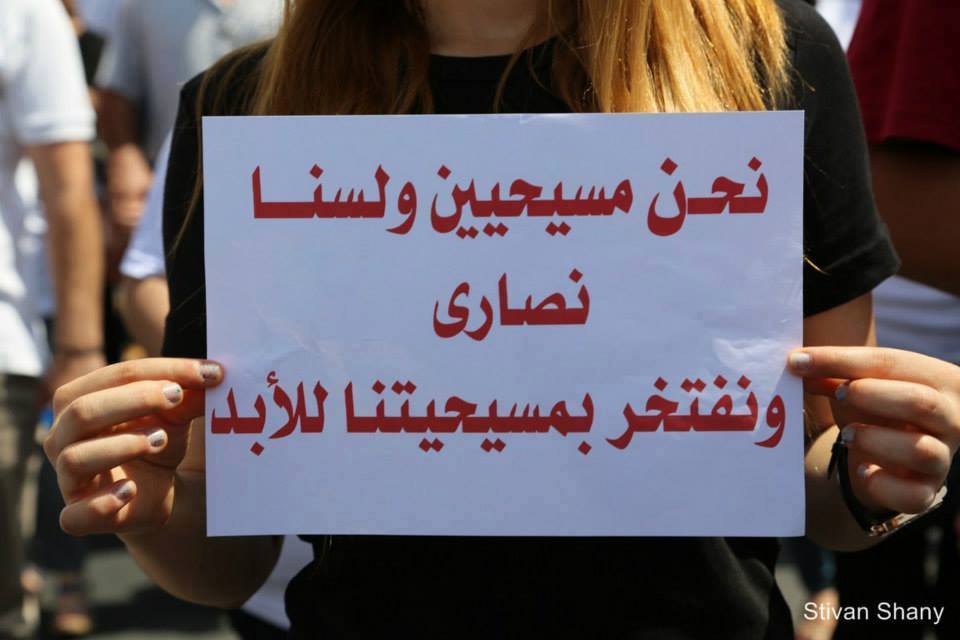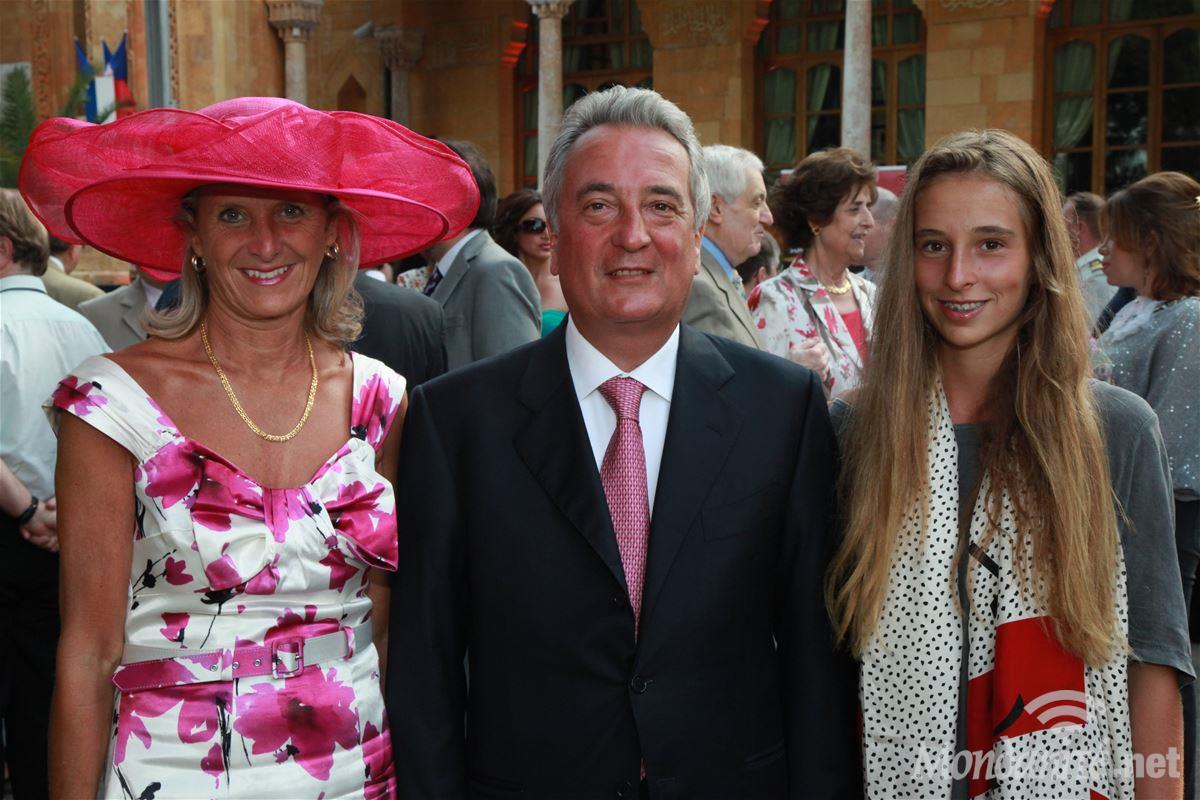|
Khazen Blog
Khazen Blog
Written by Malek
Tuesday, 25 November 2014 17:39
James Rosebush, On Leadership
Not all leaders are game-changers. Game-changers are supercharged leaders. They stir the pot, alter the strategy, move the ball, and redesign the construct. They shift and alter. They are the leaders that affect history. Here are few signs you may — or may not — be one. 1. You're restless.
Written by Malek
Saturday, 25 October 2014 15:51
Did you know that about eight in 10 employers will Google a job applicant before inviting them in for an interview?
Written by Malek
Saturday, 18 October 2014 18:42
At 58%, Lebanon had the highest level of concern of any country and identified religious and ethnic hatred as the single greatest danger to the world, correlating to its diverse religious makeup of Shia Muslims, Sunni Muslims, Lebanese Christians, Greek Orthodox, and Jews. Meanwhile, severe battles between Hezbollah and Jabhat al-Nusra have brought war to Lebanon. Egypt, Israel, Palestine, and Tunisia also shared Lebanon's concern. Meanwhile in the West, "the gap between the rich and the poor is increasingly considered the world’s top problem by people living in advanced economies," the Pew Research Center says. Americans, and generally most European nations listed "inequality" as the world's greatest danger. Spain cited this concern at a rate of 54%, the highest level of concern in this category. Ukraine and Russia both named "nuclear weapons" as their highest threat, along with Japan, Pakistan, and Turkey. It is estimated that Russia — which leads the world in number of nuclear weapons — along with the US, UK, France, China, India, Pakistan, Israel, and North Korea, possess approximately 17,000 nuclear weapons altogether. Most African countries claimed "AIDS and other infectious diseases" as their most pressing issue in the world today.
Written by Malek
Thursday, 9 October 2014 20:20
A diner in North Carolina is putting its faith in a new form of economic self-determination: Pay what God wants. Dana Parris, owner of the Just Cookin restaurant in Dallas, North Carolina, decided to take the prices off her menus. Instead of having a set number, she asks her customers to pay what they think God would like. "He just came to me and said I don't need to do it, I need to let him do it," Parris told the Gaston Gazette of Gaston County, North Carolina. "The way I could show I was giving God control was to give him control of the cash register." The Good Lord has been something of a cash cow for Parris. Revenues tripled in the first week, she says.
Written by Malek
Friday, 3 October 2014 13:30
A message to ISIS - We are Christians and Proud from the Middle-East here to stay
Written by Malek
Sunday, 28 September 2014 21:34
Le liban que jai aime Allegra MORABITO Sheba Morabito, the Ambassador of Italy and Allegra MorabitoEt derrière cette chaleur, ses tensions politiques, ses roquettes, ses maladies, ses virus, sa pollution, son embouteillage omniprésent, ses ouvriers qui te sifflent chaque deux mètres en criant « kifik ya helweh », son langage incompréhensible, sa distance qui sépare un endroit de l'autre, son manque de propreté, sa corruption, ses promesses jamais respectées, sa propagande, sa censure, sa discrimination, ses accidents de voitures, ses lois ignorées, ses odeurs variées, ses chansons qui ne cessent de répéter « habibi » et « hayeteh », sa température qui passe de 10 degrés à 30 degrés d'un jour à l'autre, l'absence d'un président, ses ruines oubliées, je sais que le Liban va me manquer. Je sais que devant chaque plat de pâtes, je penserai au taboulé et au fattouche, au kebbé et à la man'oucheh, à la labné et au hommos, à la limonade et au jellab, au taouk et au kafta, à la fraîcheur des fruits et des légumes, à l'achta et au kneffeh, aux pistaches et aux noisettes.
|
.jpg)







